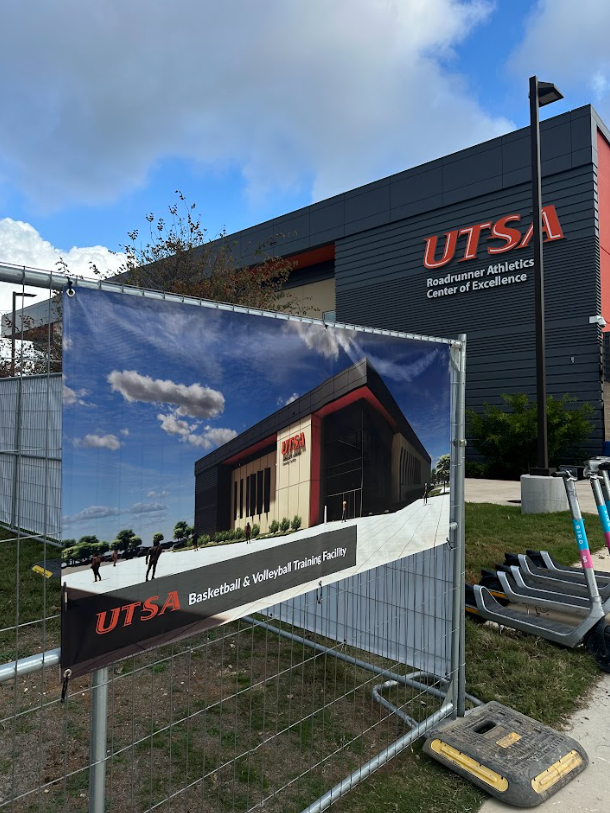With the threat of missiles changing the Middle Eastern
landscape a mere 40 miles away, President Barack Obama completed his first
official trip to Israel on March 22. March brought new progress for the Obama
Administration in the area of foreign diplomacy between Israel and neighboring
nations, as well as preemptive talks about Iran’s growing nuclear program.
Obama’s visit to Israel came during an especially
high-stress time in the Middle East, with the ever-present conflict between
Palestine and Israel showing no end in sight. Obama’s agenda remained simple: “
(to) not give up on the search for
peace, no matter how hard it is”.
During a televised speech in the Jerusalem Convention
Center, President Obama addressed Israeli youth, pleading that “the only way
for Israel to endure and thrive as a Jewish and democratic state,” is to grant
the Palestinians their “right to
self-determination, their right to justice.”
Recognizing that social changes may have to begin with a younger
generation that is more accepting, President Obama delicately challenged
Israel’s younger inhabitants. “You have the opportunity to be the generation
that permanently secures the Zionist dream, or (to) face a growing challenge to
its future”, Obama said. The president continued to urge them to work with
leaders to secure a future where peace was a norm among all religions and
cultures in the Middle East.
Obama went on to mention a group of young Palestinians he
had met earlier during his visit. “Talking to them, they weren’t that different from my
daughters; they weren’t that different from your daughters or sons,” Obama
said.
“I honestly believe that if any Israeli parent sat down
with these kids, they’d say, ‘I want these kids to succeed. I want them to
prosper. I want them to have opportunities just like my kids do.’”
On March 21, Obama was presented with the Presidential Medal
of Distinction, Israel’s highest honor, by Israeli President Shimon Peres at a
state dinner attended by Obama and Prime Minister Netanyahu. Peres said the
award was a symbolic manifestation of Obama’s “unforgettable contribution” towards
peace in the Middle East, and more importantly Israel’s security in an
increasingly violent reality.
Peres went on to highlight President Obama’s “tireless
work to make Israel strong to make peace possible.”
President Obama had more than just
Palestinian-Israeli peace on the agenda. Almost immediately upon his arrival,
Obama started to broker peace between Turkey and Israel. After a Turkish Flotilla
was attacked in 2010 and nine activists were killed while bringing aid to the
Gaza Strip, relations between the two nations became fragmented at best.
By day two of his trip, President Obama was able to
convince Netanyahu to call Turkish Prime Minister Recip Erdogan, in order to
attempt to repair the damage that had been done in recent years. The talks that
followed included an official apology for the attacks and a promise that
compensation to the victims would be given.
“The United States deeply values
our close partnerships with both Turkey and Israel, and we attach great
importance to the restoration of positive relations between them in order to
advance regional peace and security,” Obama said.
Iranian Diplomacy
While Obama’s crucial visit to Israel and other Middle Eastern
countries took place, Iranian Supreme Leader Ayatollah Ali Khamenei warned of
consequences from a violent Israel, saying “if they make the slightest mistake,
the Islamic Republic will raze Tel Aviv and Haifa to the ground.”
Khamenei went on to mention how the international sanctions
placed on Iran to “cripple the Iranian nation” are inducing an
economic battle with the superpowers.
In a New Year address televised on Iranian television, the Ayatollah
commented on the proposed direct United States-Iranian talks.
“I am not optimistic about these talks. Why? Because
our past experiences show that talks for American officials does not mean for
us to sit down and reach a logical solution… What they mean by talks is that
we sit down and talk until Iran accepts their viewpoint.”
At a joint press conference both leaders agreed that something
has to be done about the state of Iran’s uranium-enrichment program. Obama said
that “there is still time” while Netanyahu declared that “whatever time is
left, there’s not a lot of it.”
Obama went on to remark, “Each country
has to make its own decisions when it comes to the awesome decision to engage
in any kind of military action. And Israel is differently situated than the
United States.”






